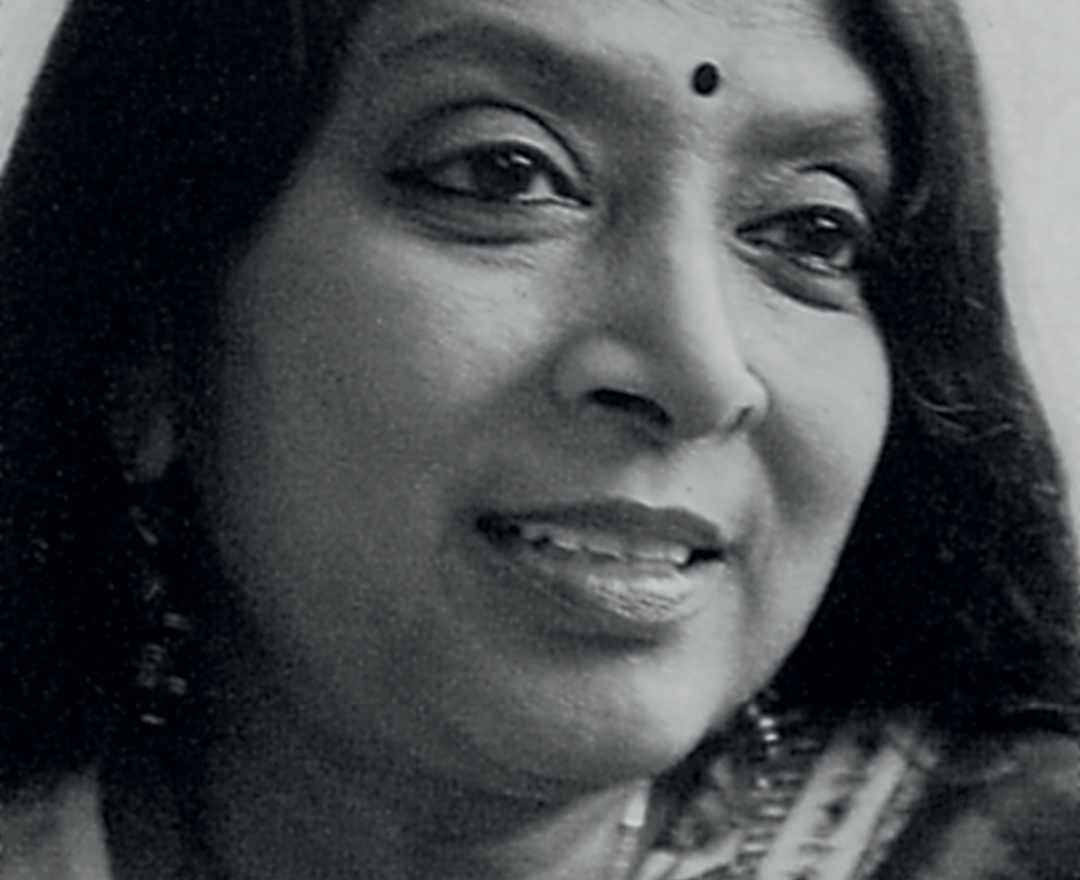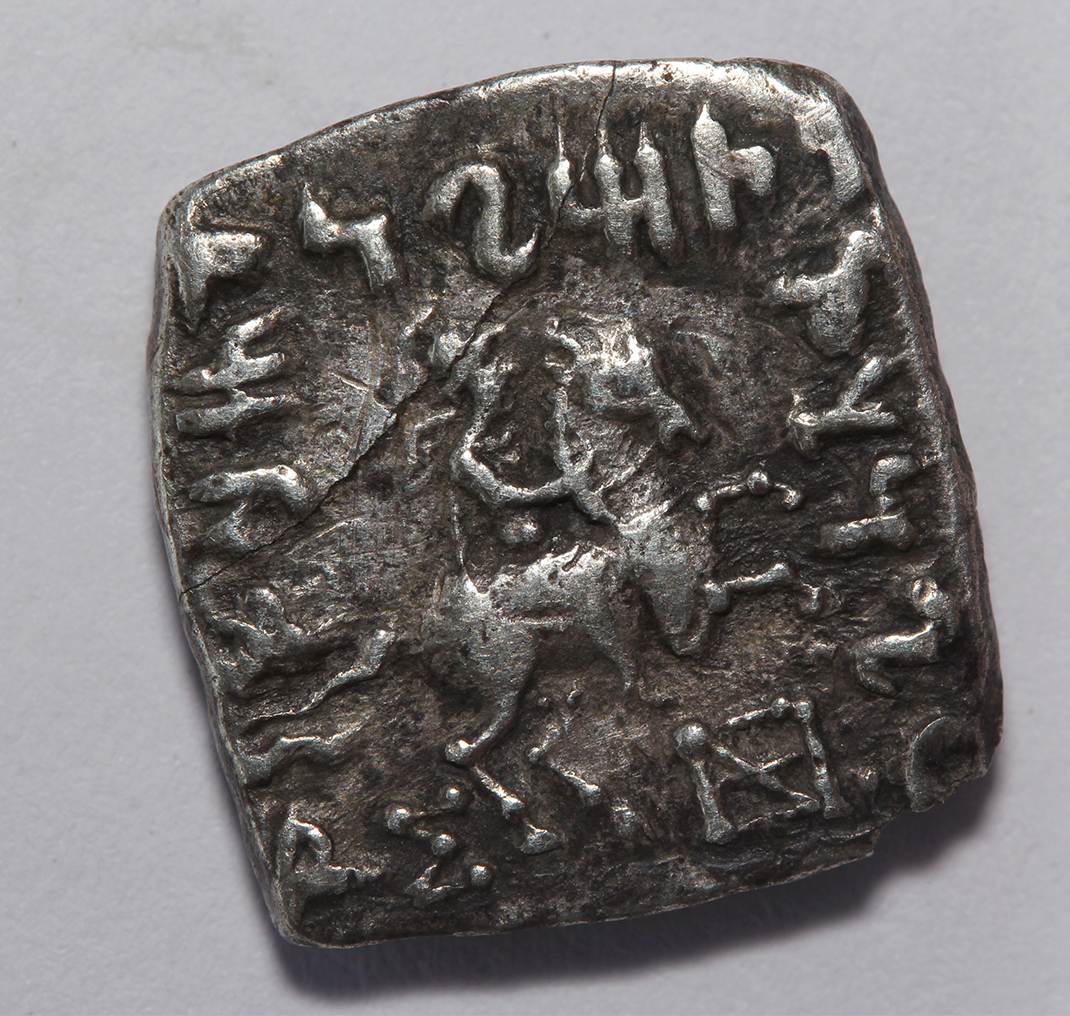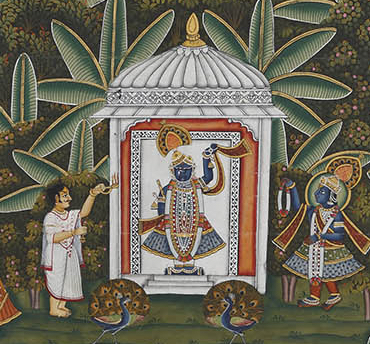
‘Wanderings of a Pilgrim, in search of the Picturesque, Vol I’, 1850, Fanny Parkes © Sarmaya Arts Foundation, 2020.23.3
“Roaming about with a good tent and a good Arab [horse], one might be happy for ever in India.”
“I shall never be tamed, I trust, to the ideas of propriety of civilised Lady Log.”
Both these lines were written by Welsh travel writer Fanny Parkes. The first, during her 24-year-long stay in India and the second, after returning to England. They give us a real sense of her personality and the freedom she experienced as a solo woman traveller in 19th-century India.
She arrived here in 1822 as the wife of a writer with the East India Company, Charles Crawford Parkes. They lived in Kolkata, Kanpur and Allahabad. Parkes learned how to ride Arab horses and started learning Persian, Hindustani and Urdu. She became proficient enough that in 1836, she served as an interpreter between army officer Sir Henry Fane and her good friend Baiza Bai, Maharani of Gwalior.

From ‘Wanderings of a Pilgrim, in search of the Picturesque, Vol I’, 1850, Fanny Parkes © Sarmaya Arts Foundation, 2020.23.3
As a child-free woman with all the privileges of class and race, Parkes enjoyed great freedom in India, more so even than other British wives. She rode her horse and travelled across northern India, even going off on a Himalayan adventure by herself. Her journals betray a great curiosity about the lives of women here, especially those living in zenanas or harems.
After she returned to England for good in 1845, Parkes found herself longing for her unfettered life in India. She chaffed against the mores of English society and took comfort in her memories of the land. These were compiled in a two-volume book, Wanderings of a Pilgrim in Search of the Picturesque. Her memoirs were released under the title Begums, Thugs and White Mughals.

‘Wanderings of a Pilgrim, in search of the Picturesque, Vol I’, 1850, Fanny Parkes © Sarmaya Arts Foundation, 2020.23.3
In her writings, Parkes refers to herself as a pilgrim. And like a pilgrim, she treasured her souvenirs. Among Indian objects she took back with here were an iron-banded lathi that had been used to beat two people to death, and a set of dice once owned by murdering thugs. In 1851, she conceived of and funded an exhibit at the Asiatic Gallery in London called A Grand Moving Diorama of Hindostan. It consisted of souvenirs and visual illustrations of landscapes as seen from the river Ganga.

From ‘Wanderings of a Pilgrim, in search of the Picturesque, Vol I’, 1850, Fanny Parkes © Sarmaya Arts Foundation, 2020.23.3
Both Fanny Parkes’s affection for India and her decidedly colonial identity are evidenced in this farewell excerpted from her memoirs:
And now the pilgrim resigns her staff and plucks the scallop-shell from her hat, – her wanderings are ended – she has quitted the East, perhaps for ever: – surrounded… by the curiosities, the monsters, and the idols that accompanied her from India… the pleasure she derives from her sketches, and the sad sea waves, her constant companions, form for her a life independent of her own life.
References
The East India Company at home, 1757-1857, 2018, edited by Margot Finn and Kate Smith



